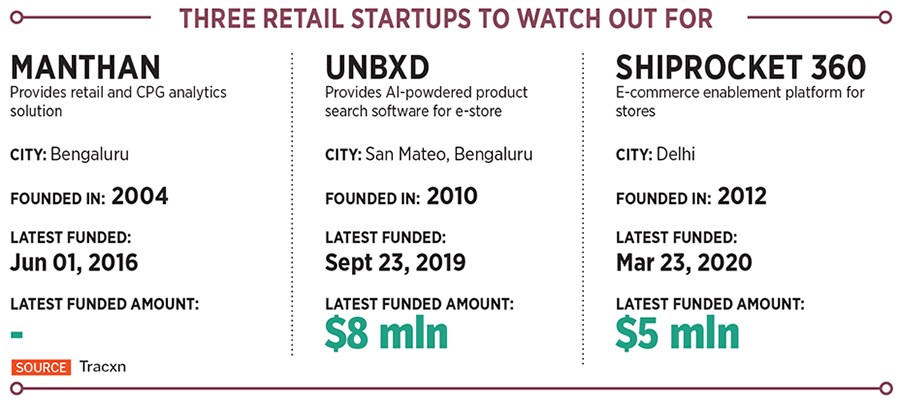
AI in retail: Maya, how's my store doing?
The rise of Amazon is a big factor that is pushing others to invest in data analytics and AI in retail. And in India, many companies are cropping up to help stores and retail chains do just that
 Capillary offers a more comprehensive ‘customer data platform’ that
takes in data from every point at which a store can capture customer
data, and provides analytical insights to retail companies
Capillary offers a more comprehensive ‘customer data platform’ that
takes in data from every point at which a store can capture customer
data, and provides analytical insights to retail companies
Illustration: Sameer Pawar
The rise of Amazon is a big factor that is pushing others to invest in data analytics and AI in retail. A stroll through Bengaluru’s main streets shows people are visiting their favourite stores despite the pandemic.
At Capillary Technologies, which makes software to help large retail stores better engage with customers, the pandemic was a temporary setback to a new facial recognition-based product, because companies scaled back investments in stores.
The technology, however, was ready and could be used to support sales staff to offer useful, tailored information to individual buyers, based on the interests they showed from previous visits.
Other Capillary products that track store traffic and demographics data, to be fed into an AI engine, are being used in thousands of stores in India and China, and for one Capillary customer, in stores in 25 countries, says CEO Aneesh Reddy.
(This story appears in the 30 November, -0001 issue of Forbes India. To visit our Archives, click here.)









